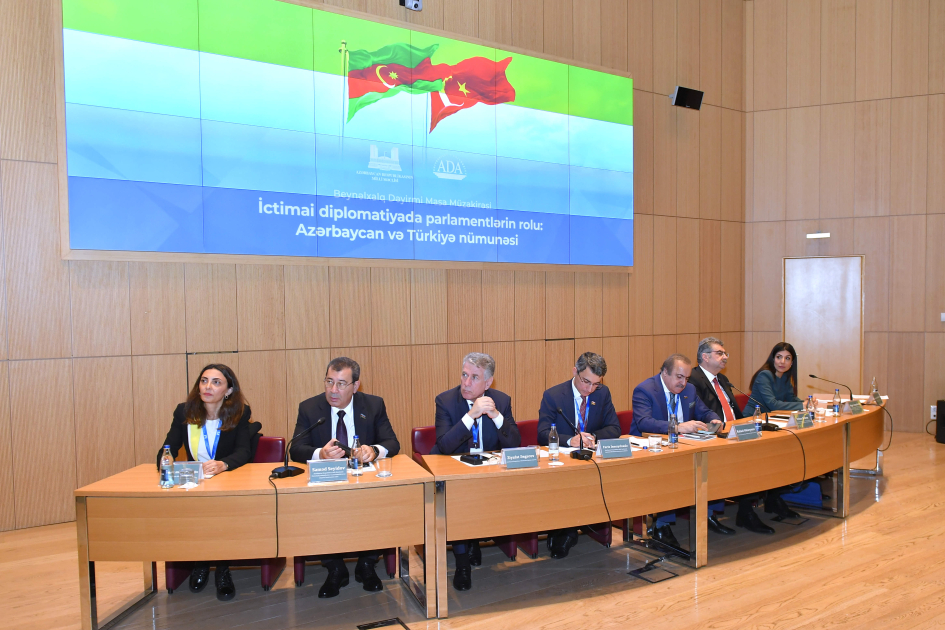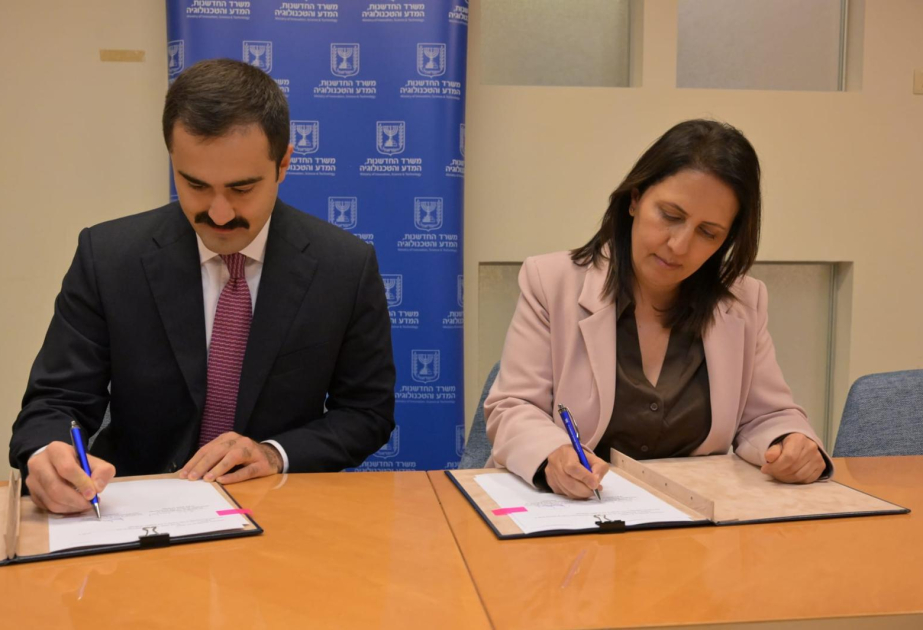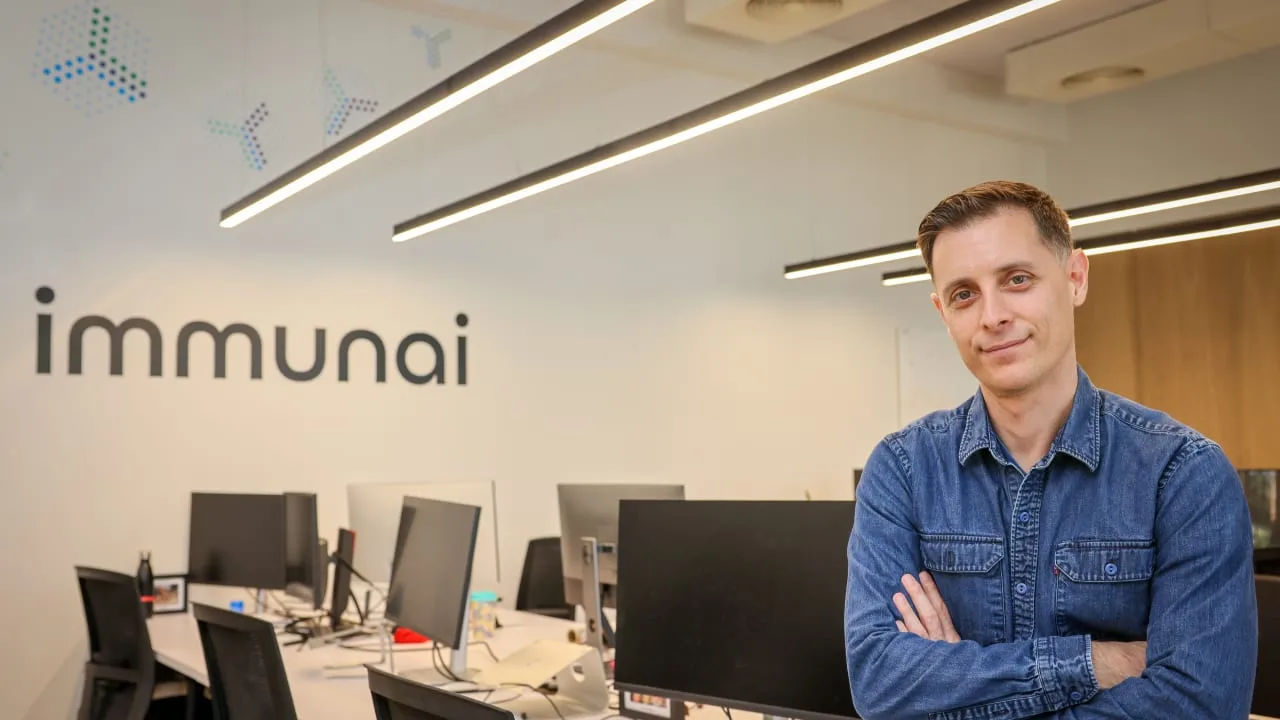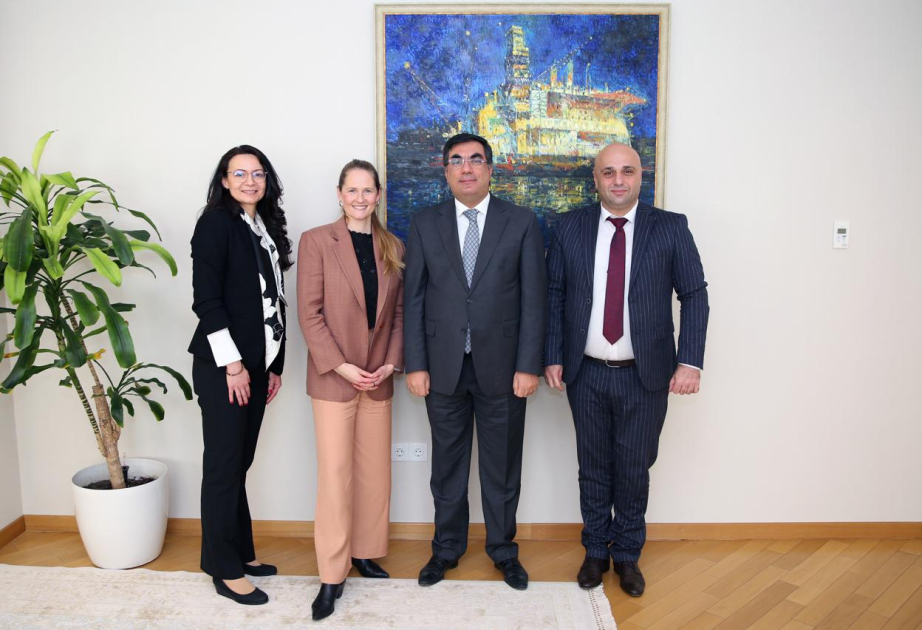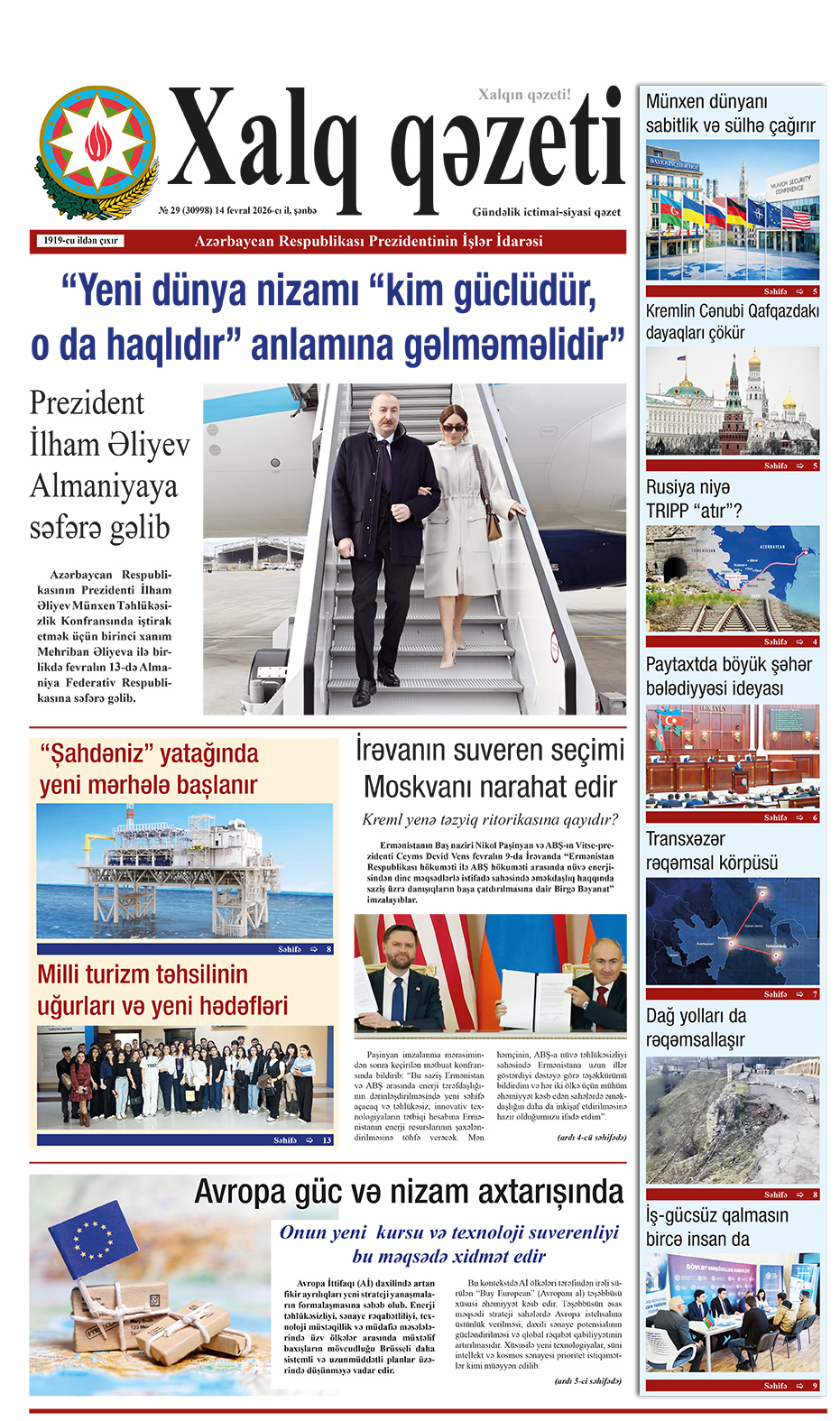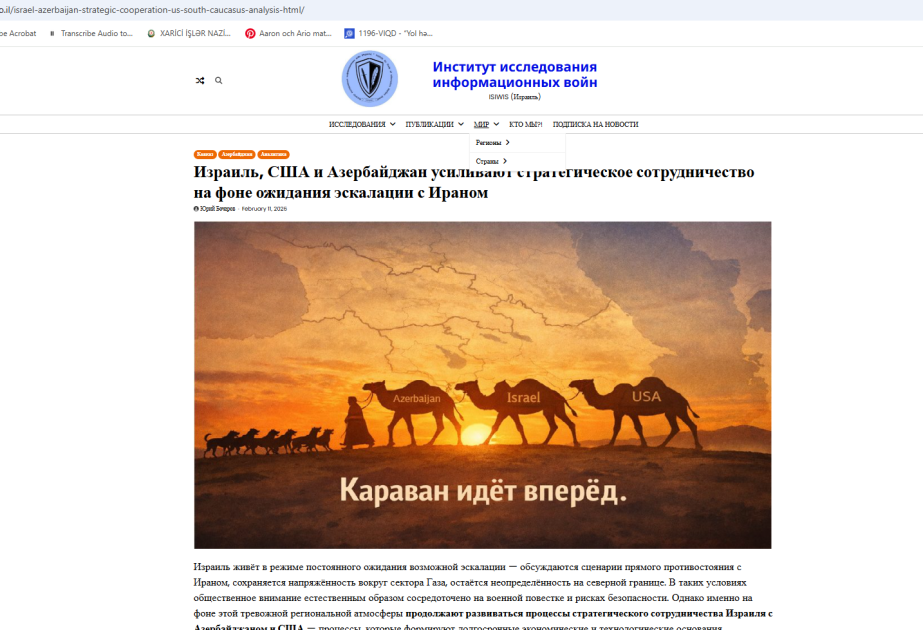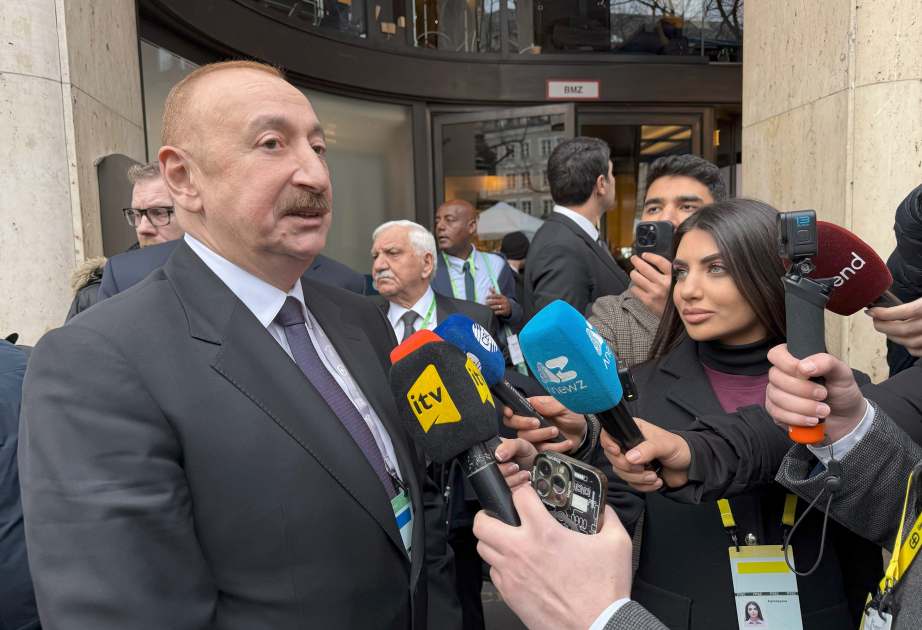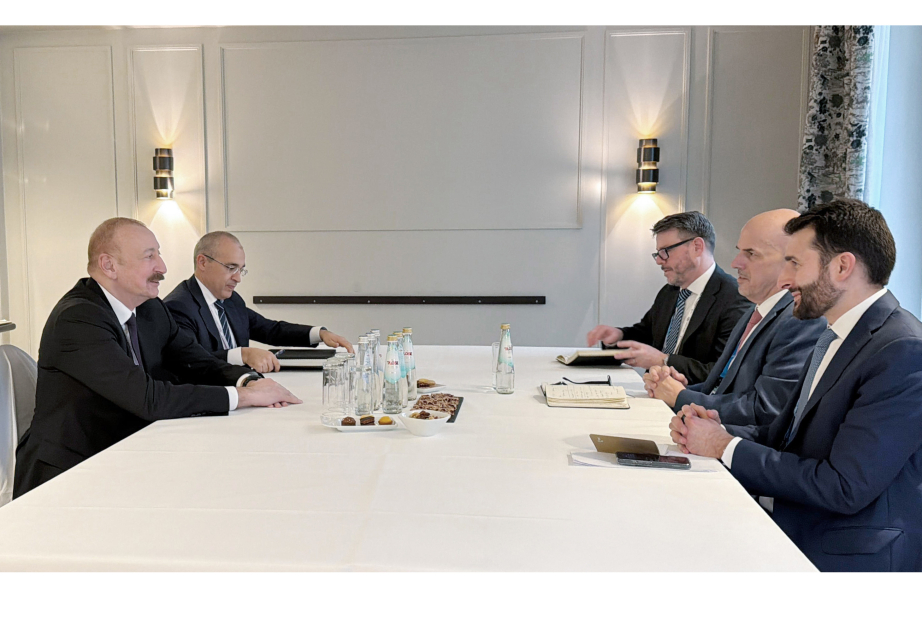Azerbaijan’s ADA University hosted a roundtable on Saturday titled “Role of Parliaments in Public Diplomacy: The Azerbaijani and Turkish Models.”
In his opening remarks, Ali Ahmadov, First Deputy Speaker of Azerbaijan’s Milli Majlis, described the restoration of Azerbaijan’s independence as a historic blessing for the country’s people, highlighting its significance in strengthening Azerbaijan-Türkiye brotherly ties.
Underscoring the growing development of fraternal ties between the two nations, Ali Ahmadov emphasized that this progress enhances the authority of both countries in the international system, enabling them to take more active positions on the global stage.
Fuat Oktay, Chairman of the Foreign Affairs Committee of the Grand National Assembly of Türkiye (GNAT), noted the special significance of Azerbaijan-Türkiye relations. He added that strengthening these ties contributes not only to bilateral relations but also to the broader Turkic World.
Oktay highlighted that this year marks the 106th anniversary of the Azerbaijani Parliament and commemorates the first parliamentary elections conducted across Azerbaijan’s entire sovereign territory.
Touching on the importance of the roundtable, Fuat Oktay stated that such international events significantly deepen cooperation between the two brotherly nations.
The roundtable included discussions on the role of parliaments in public diplomacy.
Speakers included Ziyafat Asgarov, Rafael Huseynov, Musa Gasimli (Deputy Speakers of Azerbaijan’s Milli Majlis), Orhan Erdem (head of the Türkiye-Azerbaijan Interparliamentary Friendship Group at GNAT), Samad Seyidov (Chairman of Azerbaijan's Milli Majlis Committee for International Relations and Interparliamentary Ties), Nurhayat Altaca Kayışoğlu (GNAT MP), Nigar Arpadarai (Deputy Chairman of Milli Majlis’ Committee for International Relations and Interparliamentary Ties), and Konur Alp Koçak (Vice Co-Chair of GNAT’s Türkiye-EU Joint Parliamentary Committee).
Discussions focused on the role of Azerbaijani and Turkish parliaments in public diplomacy, joint project implementation, enhancing cooperation to address global challenges, and increasing the efficiency of public diplomacy efforts.


